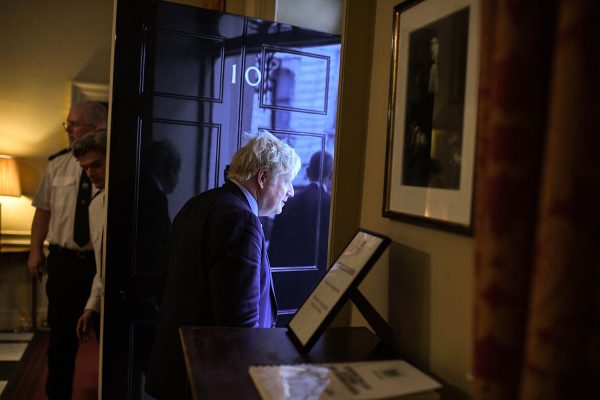
EU and UK negotiators have made little progress in talks for a post-Brexit trade deal since March. With half a year to go before the transition period — during which EU rules and regulations still apply in the United Kingdom — expires, and Britain insisting it will not seek an extension, the risk of a no-deal exit from the EU is once again rising.
Without a deal, tariffs and borders will go up on January 1. Agriculture, which the EU protects with an elaborate system of rules, subsidies and tariffs, would be hit hard. So would services, which now benefit from open borders, open skies and harmonized regulations. British and European authorities have separately calculated that the UK economy could be 10 percent smaller in fifteen years under a no-deal scenario.
Level playing field
For the EU, the main sticking point is maintaining a “level playing field”. If Britain wants relatively free access to the bloc’s €18-trillion single market, it needs to abide by its environmental and labor standards as well as restrictions on state aid.
For the UK, the whole point of leaving the EU is to break free from those regulations.
Fish
The same dynamic is at play in a dispute over fish.
The EU — again — insists Britain more or less maintains the status quo, which allows the Belgians, Dutch and French to fish for herring, mackerel and sole in British waters.
The UK has offered to hold annual talks to set fishing quotas, which is not unreasonable. Current quotas were set in the 1980s. Regaining control over British waters was another promise of Brexit.
But Britain’s dependency on the European market gives the EU leverage. Some of the most lucrative species caught by British fishermen, such as scallops and langoustines, are sold to continental Europe. In some cases the dependency is over 90 percent.
Imbalance
Brexiteers have never accepted this imbalance in the cross-Channel relationship. They make demands as if the EU needs Britain more than the other way around.
Yet the EU has stuck with its red lines since the British voted to leave in 2016. The integrity of the single market is the bloc’s top priority. It will not allow a non-member state to reap the benefits of the single market without following its rules. Even if it means some loss for EU exporters.
For the EU, the single market is as much a political as an economic project, something the UK never really understood.
